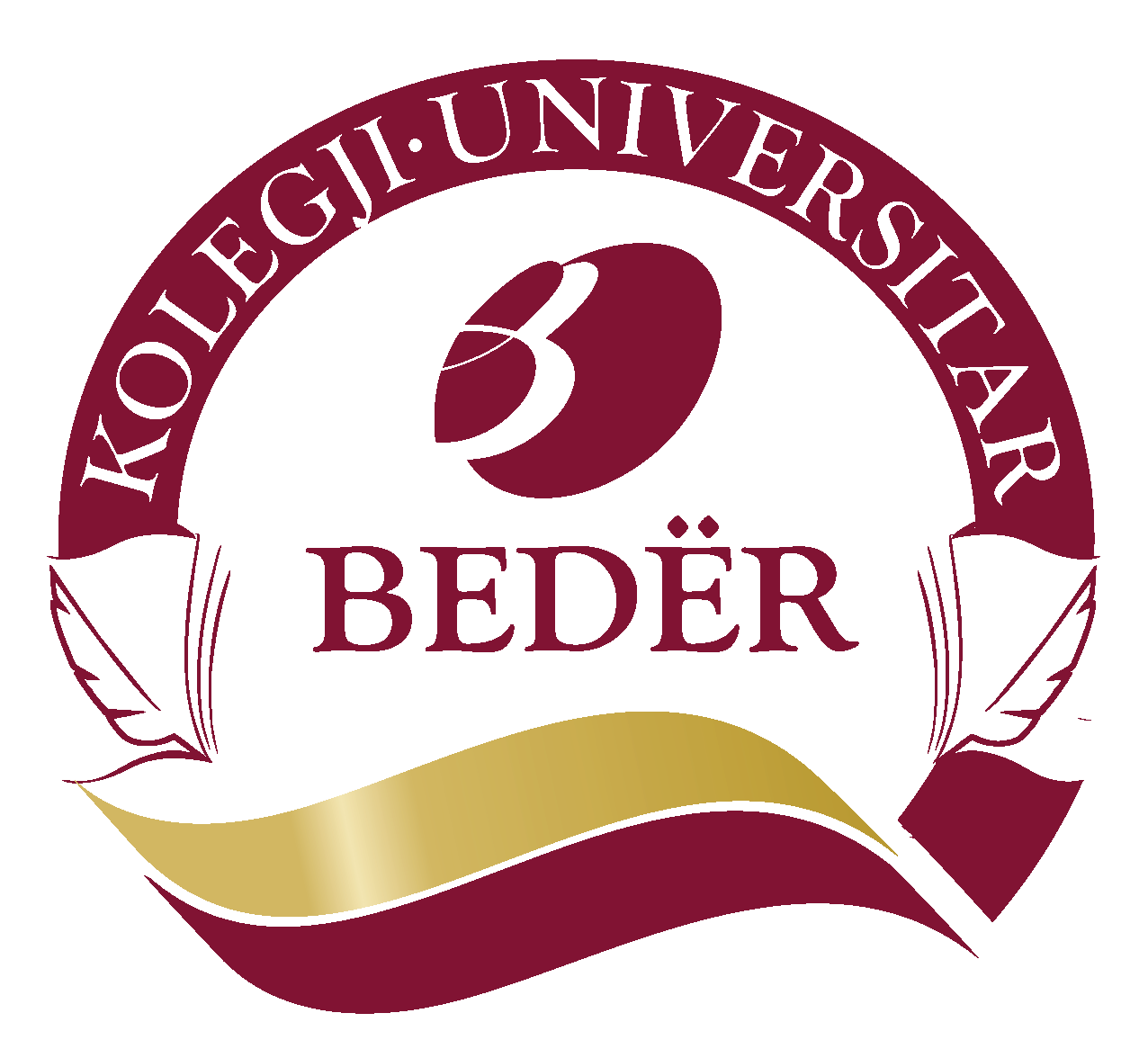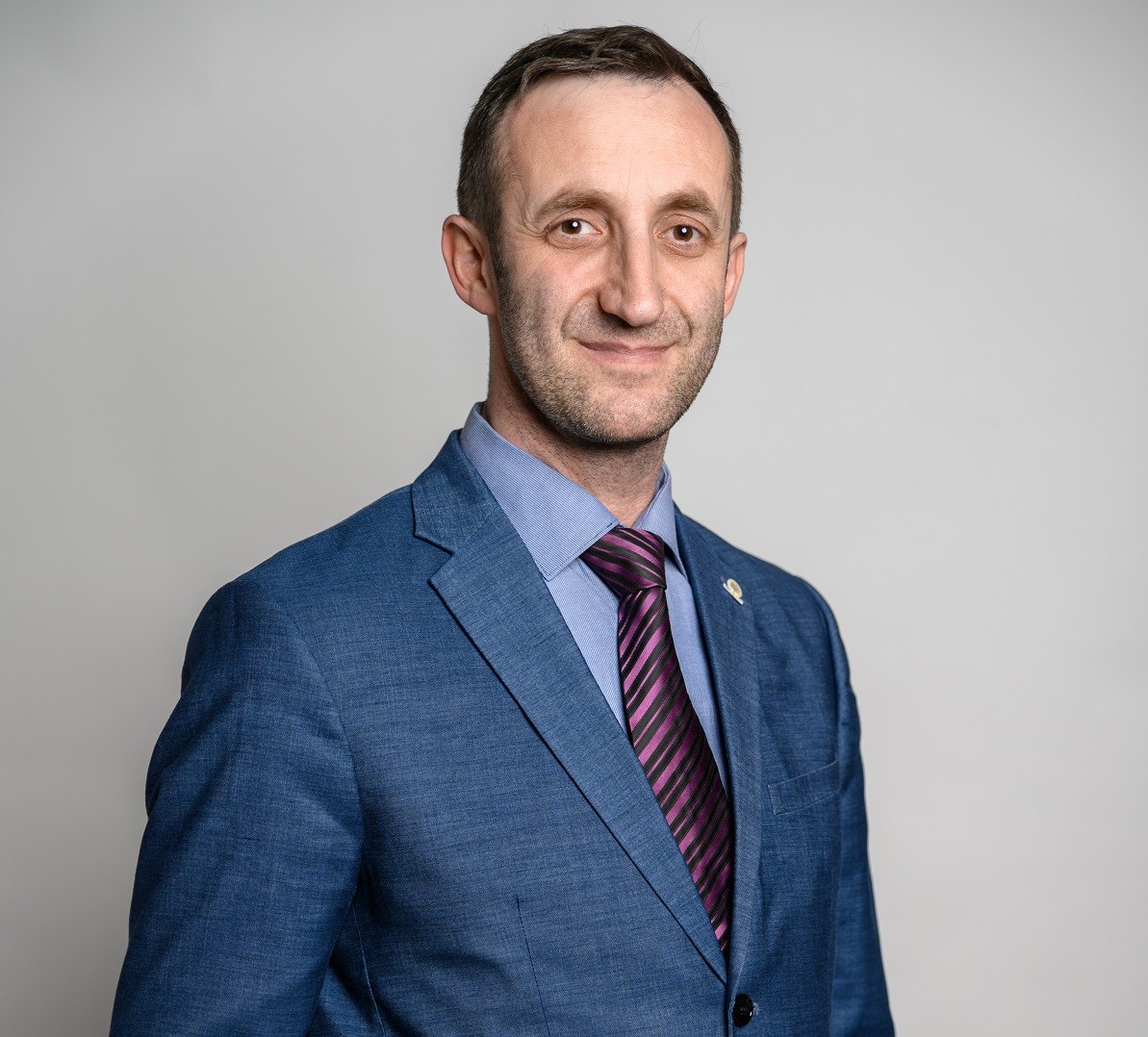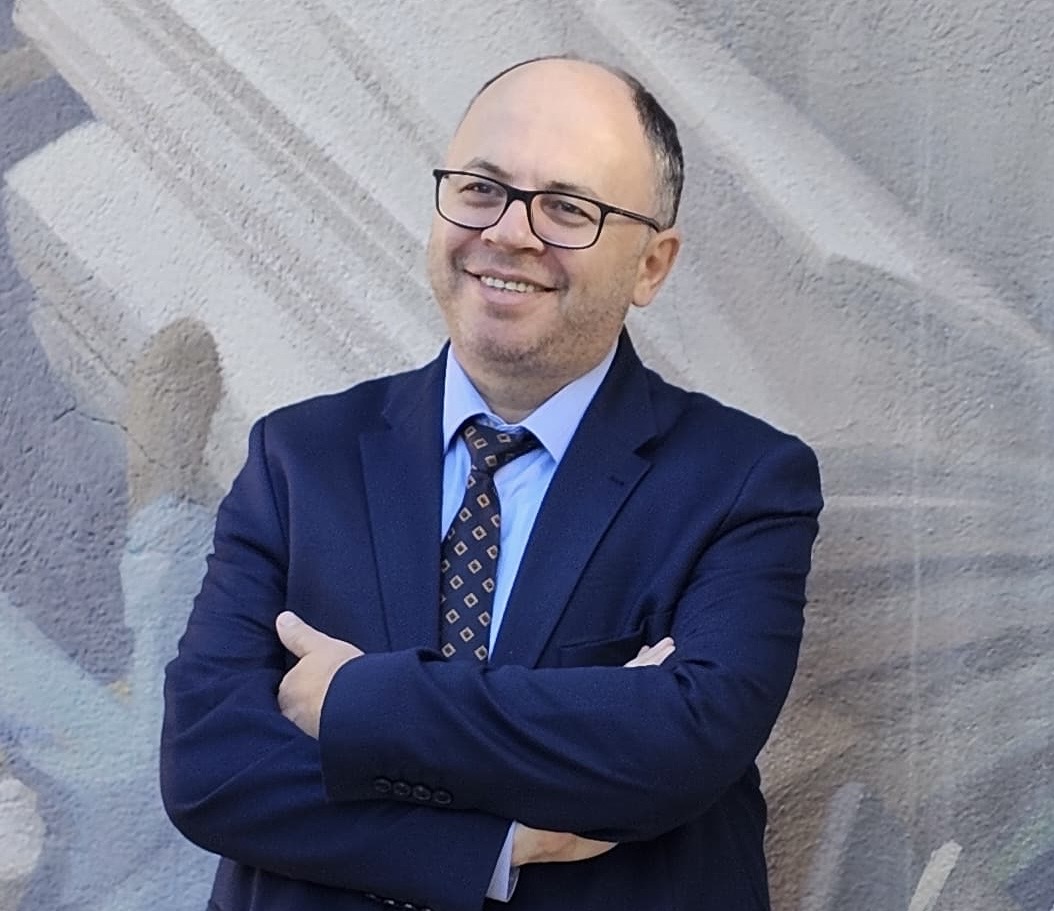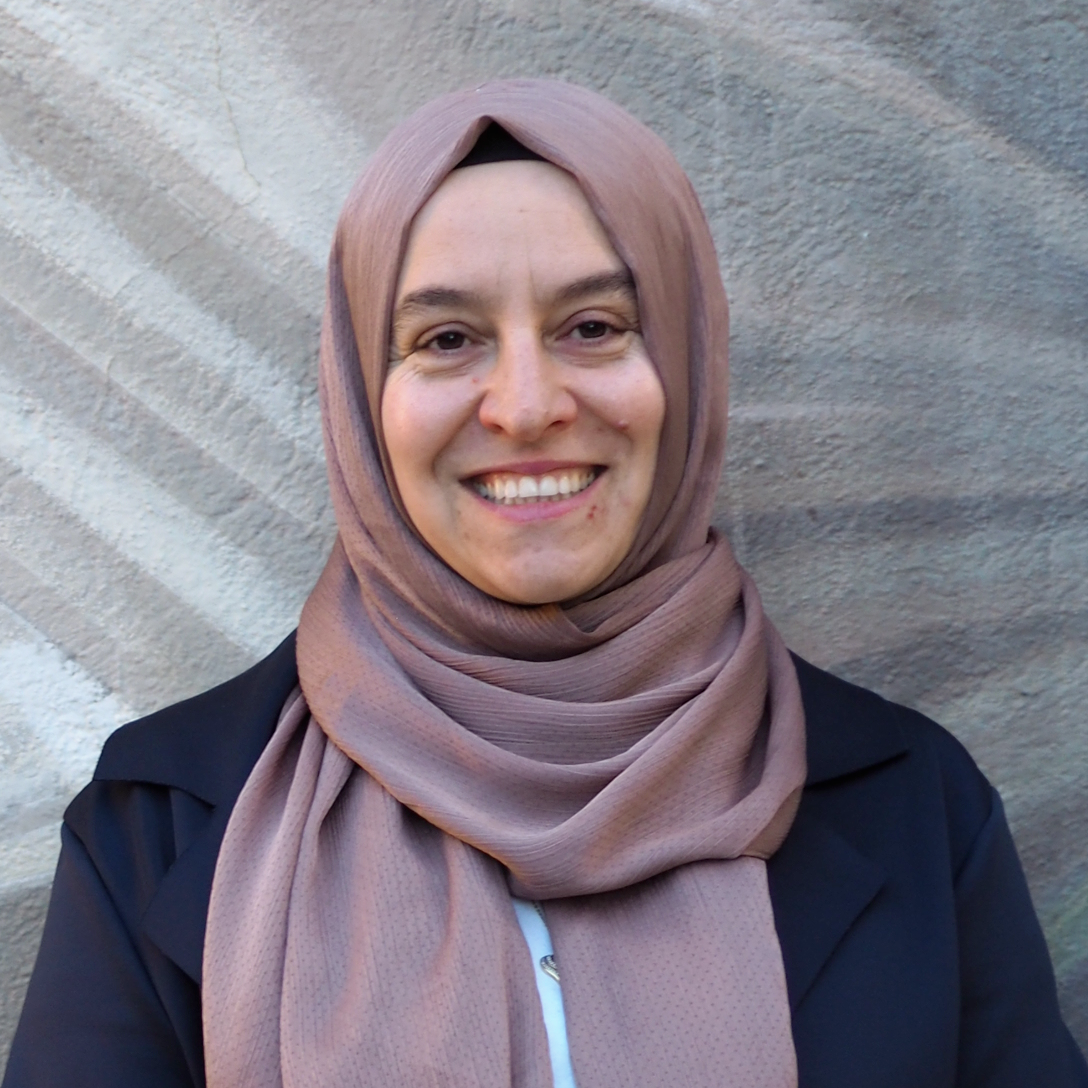
Through the use of different teaching and evaluation methodologies, through the integration of technology in teaching and thanks to the availability of modern facilities and infrastructure, the programs offered by “Bedër” University College aim and value the achievement and provision of a quality education that promotes critical thinking and prepares students for identifying, articulating and evaluating arguments. Teaching and assessment at “Bedër” University College has provided all students with excellent opportunities to fulfill their full academic potential, and has enabled them to be educated in an encouraging educational environment where academic progress and results are monitored and evaluated in alternative ways.
Moto of Bedër University College is the institution of universal value and from the foundation it operates “in the name of values” and in this regard only during the last year it has undertaken a wide range of activities. In collaboration with some other partners the Department of Islamic Sciences at Bedër University College, organized on April 2022, the 11th Interreligious Symposium with the theme “Peace Conceptualization for the Religious Approach”, which is now a tradition of the institution. In this activity were invited representatives from different stakeholders and participated numerous researchers, lector’s, students and other interested individuals.
In the same way the Department of Islamic Sciences at Bedër University College participated on June 23, 2022 in the international conference “Religion and Culture in Conflict and Peace: Impact in Reconciliation and Peacebuilding” organized form Winchester University and Winchester Centre of Religion Reconciliation and Peace in Winchester, UK.
In the frame of extracuricular activities our isnitution has a tradition of series of open lecture organized periodicully during the academic years. Among others in this series are included, but not only:
- International conference on “Brotherhood in Humanizm”, co-organized with Interreligious Consil in Europe (Religiuous for Peace, Europe).
- Hisotry of Religions I
- Civic values and values of faith as contributors to tolerance, understanding and cooperation between citizens of the 21st century
Website of Bedër University College Tirana

Team
Prof. Genti Kruja is a lecturer of Sociology of Religion, Intercultural and Interfaith Communication, and Interreligious Dialogue at Bedër University College. He is a member of the Trustee Board of the University and the Secretary General of the Inter-Religious Council of Albania. He has participated and contributed in many international conferences on Education, Freedom of Religion, and Interfaith Dialogue. He is the author of many research papers and book chapters published by leading publishing houses as well as author of the books “Albanians Facing the Challenges of Interfaith Understanding” and “History of Interfaith Dialogue”. In 2021, he was elected as a member of the European Union External Action Service (GERIS). In 2022, he participated in the Exchange program at Seattle University, Washington, sponsored by the U.S. Department of State; he elected as expert of Religious Freedom at OSCE Office for Democratic Institutions and Human Rights (ODIHR); International Fellow of the KAICIID. On February 15, 2024, he elected as a President of European National Interreligious Bodies (ENIB) in Religions for Peace, Europe, and on January 7, he elected as a President of Religions for Peace Europe. Skender Bruçaj is a lecturer of psychology of religion and behavior sciences in economics at Beder University College. He received his bachelor's degree in Psychology from Bogazici University, his MBA from Epoka University, and his doctoral studies in Management from the European University of Tirana. He specializes in teaching and researching topics related to education, behavior sciences, and leadership studies. Dr. Bruçaj was a Fulbright Visiting Scholar at Georgetown University and an International Fellow at The KAICIID International Centre for Interreligious and Intercultural Dialogue in Lisbon. He has a decade of experience in civil society engagement and the educational management industry. He served as chairman of the Albanian Muslim Community from 2014-2019. During those years, he supervised national projects on encountering violent extremism, fostering religious freedom, promoting active citizenship of Muslims in society, and increasing the role of faith-based actors in social cohesion and inclusion. Rudina Cinari, PhD candidate, is a dedicated academic and community leader with a passion for interfaith dialogue and women's empowerment. Rudina earned her Bachelor's degree in English as a Foreign Language (EFL) at the University of Tirana. Following her undergraduate studies, Rudina pursued her Master's degree in Religious Studies, deepening her understanding of the intersection of faith, culture, and society. During her tenure in the United States spanning a decade, Rudina served as a coordinator for women and children at the Albanian – American Islamic center in New York, where she facilitated programs aimed at fostering community engagement and support. Returning to Albania, Rudina embarked on a career in academia, serving as an assistant lecturer in the Department of Islamic Sciences. Rudina's dedication to fostering religious harmony and understanding is further demonstrated through her membership in the Interfaith Council Albania, where she represents the Muslim community as a woman of faith. In this capacity, she actively participates in initiatives aimed at promoting dialogue, tolerance, and cooperation among diverse religious communities in Albania. Ardita Reshiti is the Head of the International Relations Office and the Coordinator of the Clubs Office at Bedër University. She holds a bachelor's degree in Islamic Sciences and two master's degrees in Marketing Communication and Religious Studies. Since 2022, she has been actively involved in various projects organized by Bedër clubs, fostering student engagement and extracurricular activities. She has participated in numerous Erasmus exchanges and is currently engaged in Erasmus projects, strengthening international collaboration in education. In addition, she is involved in interfaith initiatives as part of the youth department at the Interfaith Council of Albania. Through her academic background and professional experience, she contributes to intercultural dialogue, youth engagement, and international educational cooperation.
Genti Kruja
I am honored to coordinate the project "Facing Global Challenges: Environmental and Peace Education in Interreligious Cooperation for Teacher Training" in Albania. This project represents a profound and essential mission for the future of our society—educating new generations about the importance of environmental protection and fostering peace through interreligious dialogue.
In a world increasingly affected by climate change and social conflicts, education is the most powerful tool we have to create a fairer and more sustainable future. As the coordinator of this project in Albania, I feel a deep responsibility to contribute to the preparation of teachers who will serve as role models and leaders in shaping young minds with values of tolerance, respect, and responsibility — toward both nature and one another.
I strongly believe that interreligious cooperation is a key factor in building a peaceful and inclusive society. Our diversity should not be seen as a division but as a strength, enabling us to learn from one another and work together to tackle common challenges. Through this project, I am committed to promoting dialogue, understanding, and collaboration among different communities, with education as a transformative force at its core.
This journey is not just professional but also personal. I firmly believe that each of us has a role to play in building a better world and that change starts with education and our everyday actions. With this project, I hope to contribute to better education, a healthier environment, and a more united society.
I am highly motivated to dedicate myself to the success of this project and to collaborate with everyone who shares the vision of a more sustainable and peaceful world.

Skender Bruçaj
"He (God) set up the balance (al-mīzān) so that you may not exceed the balance. Weigh with justice and do not fall short in the balance. And the earth He has spread out for all living creatures" (Qur’an 55:7-10)
As a Muslim scholar and educator, I deeply resonate with this divine message, which calls upon us to act as responsible stewards of the Earth. Environmental preservation is not only a scientific and social obligation but also a moral and spiritual duty. My academic and professional journey has been shaped by a commitment to education, interfaith dialogue, and social responsibility , principles that align with the core objectives of this project.
For over a decade, I have worked in educational management, dedicating my career to exploring how values shape human behavior. I strongly believe that value-based education is essential in fostering environmental awareness. Moreover, an interreligious ethical approach to environmental education can inspire younger generations to embrace sustainability as a shared moral responsibility. This project presents a valuable opportunity to develop innovative educational strategies that promote interfaith and intercultural collaboration in addressing environmental challenges.

Rudina Cinari
My interest in interfaith and environmental teaching stems from my research on ecotheology during my master’s thesis. While deeply familiar with my Islamic faith, I realized that I had not fully considered the significance of khalifa—the concept of stewardship in Islam. This revelation led me to recognize a broader issue: environmental protection is often overlooked within many religious communities, including my own.
This realization sparked a strong personal motivation to take action. I believe that faith traditions have the potential to be powerful drivers of environmental responsibility, yet this aspect is rarely emphasized in religious education. Engaging in this Erasmus + project offers an opportunity to bridge the gap between faith and ecological consciousness, fostering a shared responsibility for our planet across different religious traditions.
By participating in this initiative, I aim to contribute to meaningful discussions, learn from other perspectives, and develop strategies that integrate environmental ethics into interfaith education. I see this as an essential step toward inspiring communities to embrace their role as caretakers of the Earth, united by shared values of responsibility and sustainability.

Ardita Resheti
Having studied Islamic Sciences and Religious Studies, I recognize the profound ethical responsibility that religions carry in addressing the climate crisis. The Qur’an reminds us, “Corruption has appeared on land and sea because of what people’s hands have wrought, so that He may let them taste some of what they have done, that perhaps they will return” (Qur’an 30:41). This verse underscores the direct consequences of human actions on the environment, urging us toward responsible stewardship of the Earth. Similarly, the Prophet Muhammad (peace be upon him) emphasized environmental care, stating, “Do not waste water, even if you perform ablution on the banks of a flowing river” (Ibn Majah).
My engagement in the Facing Global Challenges: Environmental and Peace Education in Interreligious Cooperation for Teacher Training project aligns deeply with these principles. I believe that integrating interreligious dialogue with environmental and peace education is essential in shaping future educators who will become multipliers of ethical responsibility and sustainability. Through interdisciplinary and international collaboration, we can develop strategies that not only raise awareness but also inspire concrete action. The theme of water is particularly significant, as it is universally regarded as a sacred and life-giving element in all faith traditions. By working together, we can empower educators to instill environmental ethics and interfaith cooperation in their students, fostering a future rooted in peace, justice, and sustainability.